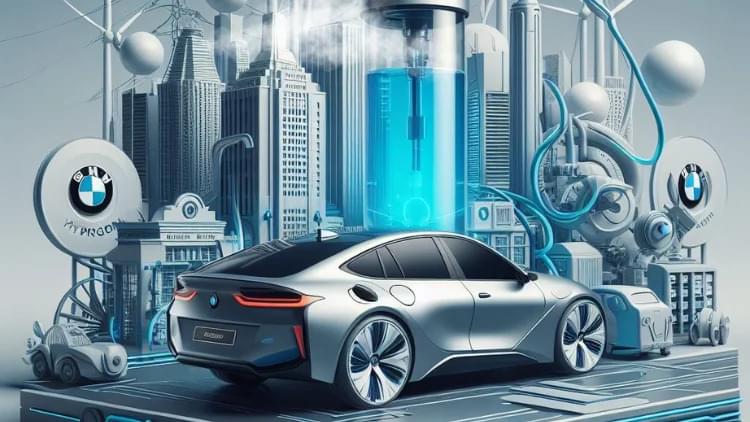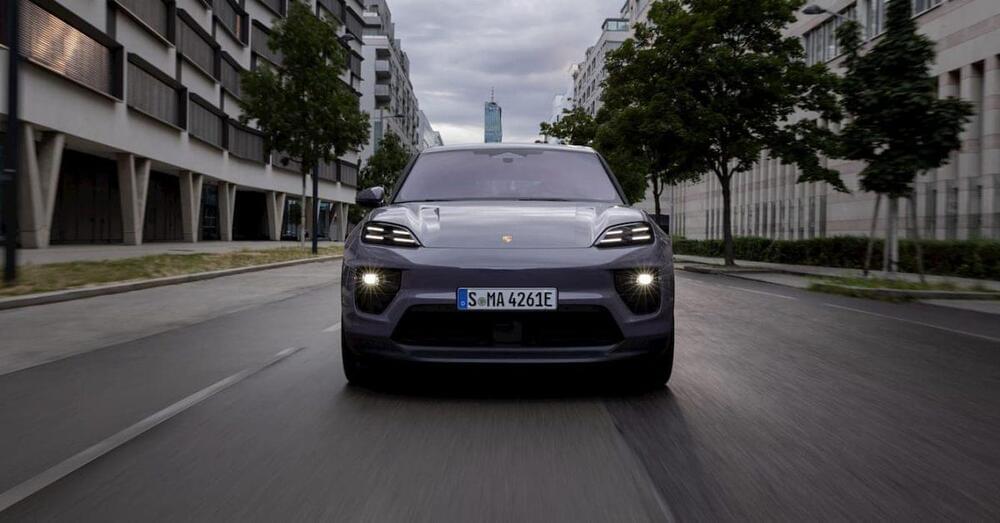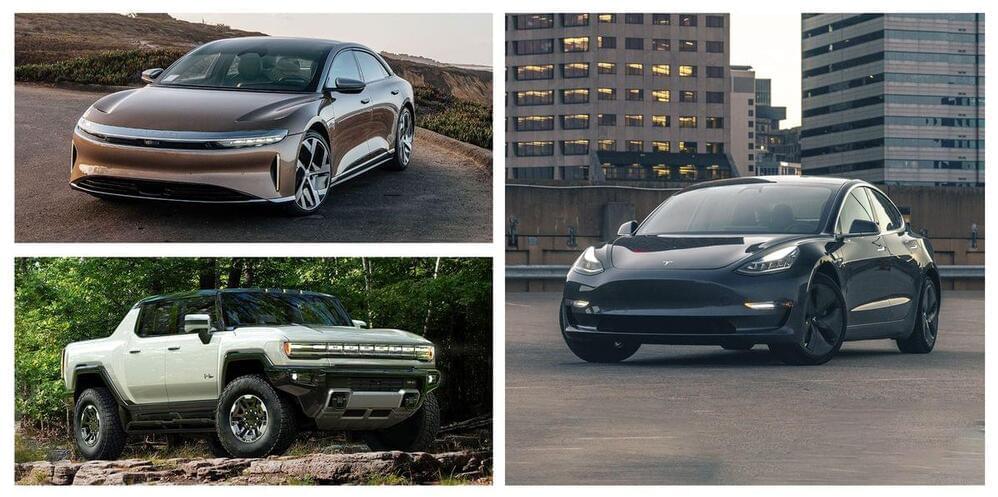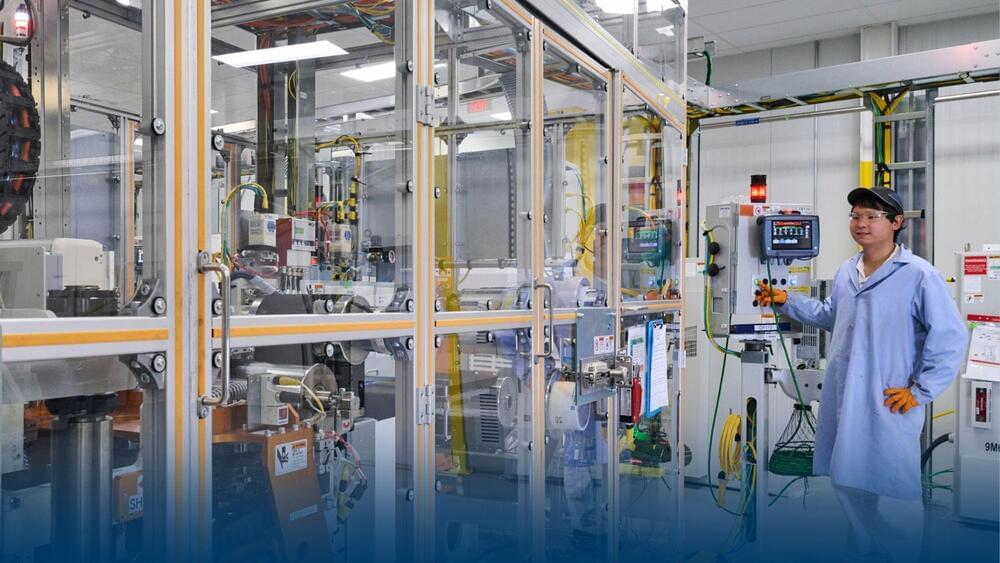Engineers and material scientists have been trying to develop increasingly advanced devices, to meet the growing needs of the electronics industry. These devices include electrostatic capacitors, devices that can store electrical energy in a dielectric between a pair of electrodes through the accumulation of electric charge on the dielectric surfaces.
These capacitors are crucial components of various technologies, including electric vehicles and photovoltaics (PVs). They are often fabricated using polymers as dielectric materials, synthetic substances made up of large organic molecules with good intrinsic flexibility and insulating properties.
Researchers at Tsinghua University and other institutes in China recently introduced a new strategy to fabricate polymer composites filled with subnanosheets exhibiting highly advantageous properties. Their proposed method, outlined in a Nature Energy paper, allowed them to fabricate a 100-meter-long roll of a polymer-based subnanocomposite film.








